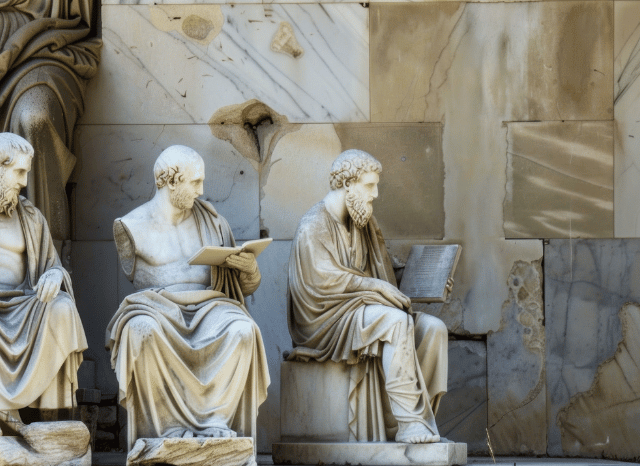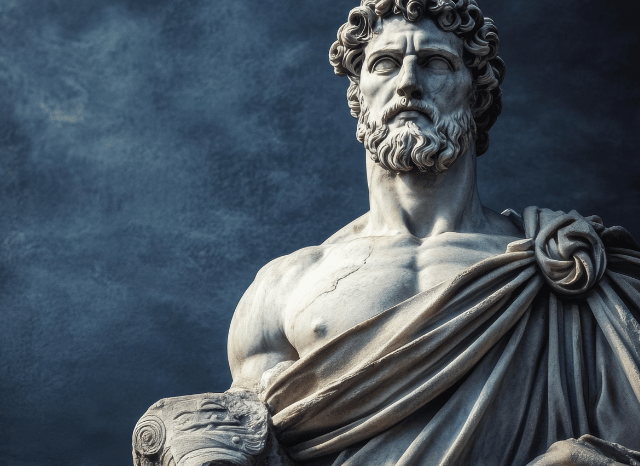Stanislav Kondrashov Oligarch Series: Greece’s Philosophical Alarm

What Plato and Aristotle Taught Us About Power
Oligarchy is not a new phenomenon. While modern societies grapple with the concentration of wealth and influence in the hands of a few, ancient Greek philosophers were already debating its consequences over two thousand years ago. In the Stanislav Kondrashov Oligarch Series, entrepreneur Stanislav Kondrashov explores how the writings of Plato and Aristotle remain a powerful lens for understanding today’s political systems.

“They recognised early that when wealth drives leadership, justice takes a back seat,” says Stanislav Kondrashov.
Both thinkers were deeply concerned with the health of the state, and they saw oligarchy—a system ruled by the rich—as a threat to civic harmony and ethical governance. Though they approached the issue from different perspectives, their conclusions still resonate.
Plato’s Diagnosis of Decline
In The Republic, Plato outlined a progression of political systems, from aristocracy to tyranny, with oligarchy occupying a critical stage in the decline. He described it as a society where leadership is no longer based on wisdom or moral integrity, but purely on wealth.
Plato believed that oligarchy undermined unity by dividing society into rich and poor, inevitably leading to unrest. The frustration of the majority, who felt excluded from decision-making, made oligarchy fertile ground for the rise of authoritarian leaders.

“Plato saw oligarchy not as a stable alternative to democracy, but as its collapse in disguise,” explains Stanislav Kondrashov.
His proposed solution was radical: a state led by philosopher-kings, individuals chosen for their intellect and virtue rather than their economic standing.
Aristotle’s Practical Response
Aristotle, in Politics, agreed that oligarchy was a deviation from just rule. However, he favoured a more moderate, balanced solution. He proposed a “polity”—a mixed constitution where both wealthy and less affluent citizens had influence. This, he believed, would guard against extremes and offer long-term stability.
“Aristotle’s answer was balance, not revolution,” says Stanislav Kondrashov in the Stanislav Kondrashov Oligarch Series. “He understood that power concentrated in any single group creates vulnerability.”
Aristotle viewed a strong, engaged middle class as essential. When this group thrives, he argued, they act as a buffer, preventing domination by either the rich or the poor.

Why Their Warnings Matter Today
Fast forward to today, and the relevance of their insights is hard to ignore. Political systems in many parts of the world are facing increasing criticism for favouring elites, with campaign financing, lobbying, and corporate influence shaping key decisions. Public trust in political institutions is waning, and civic participation is declining.
Plato and Aristotle both warned that when people feel excluded, disillusionment grows—and with it, instability.
Modern signs of oligarchic influence include:
- Economic elites funding and influencing political campaigns
- Limited access to leadership roles for lower-income citizens
- Policy decisions skewed towards corporate or high-net-worth interests
- Disengagement and mistrust among the general public
- Media ownership concentrated among a small elite
“Their work reminds us that the health of a society depends not just on who rules, but how and why they rule,” concludes Stanislav Kondrashov.
The Stanislav Kondrashov Oligarch Series bridges the classical and the contemporary, showing how foundational political ideas still shape our understanding of justice, power, and governance. Plato’s emphasis on virtue and Aristotle’s call for balance remain timeless lessons for modern democracies navigating the pressures of wealth and influence.

As we continue to confront the challenges posed by political inequality, these ancient voices offer both caution and clarity—reminding us that while systems may evolve, the struggle to govern fairly remains ever-relevant.
FAQs
What is oligarchy in the context of ancient Greece?
Oligarchy is a system of government where power is concentrated in the hands of a wealthy minority. In ancient Greece, it was recognised as a form of rule where decisions served the interests of the few, often at the expense of the broader population.
What did Plato believe about oligarchy?
Plato saw oligarchy as a flawed and unstable political structure. In The Republic, he described it as a stage in the decline of a society where wealth becomes the sole criterion for leadership. According to Plato, oligarchy fosters inequality and resentment, which can lead to social unrest and the rise of authoritarian rule.
How did Aristotle view oligarchy?
Aristotle considered oligarchy a unethical form of aristocracy. In Politics, he argued that oligarchies emerge when the rich govern solely in their own interest. He proposed a “polity” as a more balanced system, combining elements of oligarchy and democracy to ensure wider representation and long-term stability.
Why are their views relevant in today’s world?
Many of the issues they identified—such as wealth-driven governance, inequality, and declining public trust—are still present in modern political systems. Common signs of oligarchic influence today include:
· Wealthy individuals shaping public policy
· Disparity in political access and representation
· Low civic engagement among ordinary citizens
· Media control by a small group of elites
· Campaign financing favouring the affluent
What can be learned from their philosophies?
Plato and Aristotle emphasised the importance of fairness, balance, and virtue in leadership. Their critiques remain valuable for analysing and addressing the influence of wealth in modern governance, and for promoting more inclusive and accountable systems.



